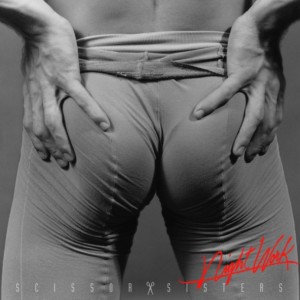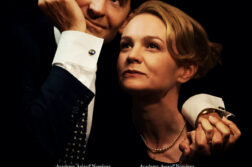Published in: January-February 2011 issue.
 Night Work
Night Work
Scissor Sisters
Downtown Records
WHEN DID Camille Paglia become so old-fashioned? Last summer, the famed feminist and Sexual Personae author decried the death of rock music in a painfully unhip piece published in The New York Times (6/25/10): “Rock music, once sexually pioneering, is in the dumps,” she lamented, since “step by step, rock lost its visceral rawness and seductive sensuality.”







